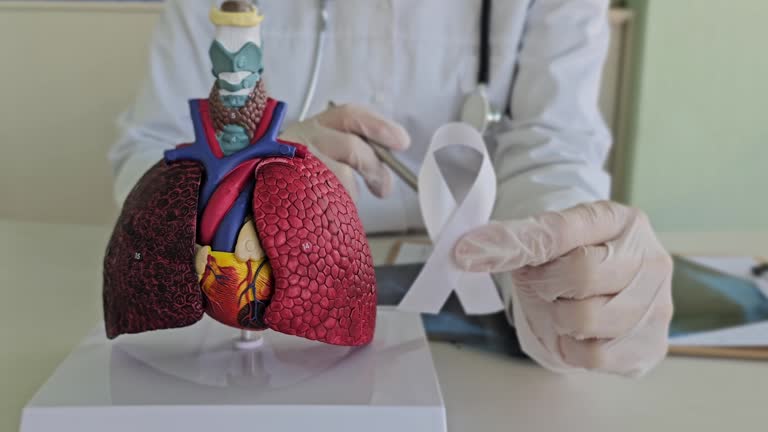Cystic fibrosis (CF), a genetic disorder primarily affecting the lungs and digestive system, presents a unique set of challenges for those living with it. CF is an inherited disorder caused by having two abnormal copies of the CF gene. You cannot catch or acquire CF. The body produces thick, sticky mucus that obstructs airways, leading to chronic infections and difficulty breathing. While CF poses significant hurdles, advancements in medical science have transformed it from a life-limiting condition to one where individuals can lead fulfilling lives.
The Impact of Cystic Fibrosis
The lungs bear the brunt of CF’s effects. Thick mucus traps bacteria, inviting chronic infections that inflame the airways. This can lead to persistent coughing, shortness of breath, and recurrent bouts of bronchitis and pneumonia. The digestive system also faces challenges. The pancreas, responsible for producing enzymes crucial for digestion, becomes impaired, hindering the absorption of nutrients from food. This can result in malabsorption, leading to nutritional deficiencies and growth issues.
Navigating the Path to Long-Term Health
Managing CF requires a multifaceted approach, encompassing medical interventions, therapies, and lifestyle adjustments. Medications play a pivotal role. Antibiotics combat infections, while mucolytics help loosen and clear mucus from the airways. Medications also target inflammation and aid in digestion.
Therapies are an integral part of the management plan. Airway clearance techniques, such as chest physiotherapy, assist in dislodging mucus. Pulmonary rehabilitation programs enhance lung function and exercise tolerance. Nutritional therapy ensures adequate nutrient intake and addresses digestive challenges.
Lifestyle modifications are equally important. Regular exercise strengthens the lungs and overall health. Stress management techniques can mitigate the impact of stress on the body. For those who smoke, quitting is essential, as smoking significantly exacerbates lung function in individuals with CF.
The Role of Emerging Treatments
The landscape of CF treatment is constantly evolving. Promising research in gene therapy aims to address the underlying genetic defect. Novel medications are being developed to target specific aspects of the disease, offering hope for improved outcomes.
The Importance of a Multidisciplinary Team
Managing CF effectively requires a collaborative effort. A team of healthcare professionals, including pulmonologists, gastroenterologists, registered dietitians, respiratory therapists, and physical therapists, works together to address the diverse needs of individuals with CF. Social workers provide essential emotional and social support, navigating the complexities of living with a chronic condition.
Living Well with Cystic Fibrosis
Living with CF demands resilience, dedication, and a strong support system. While challenges persist, advancements in medical care have dramatically improved the outlook for individuals with CF. By adhering to treatment plans, embracing a healthy lifestyle, and maintaining close collaboration with their healthcare team, individuals with CF can lead fulfilling lives, pursuing their passions and aspirations.





